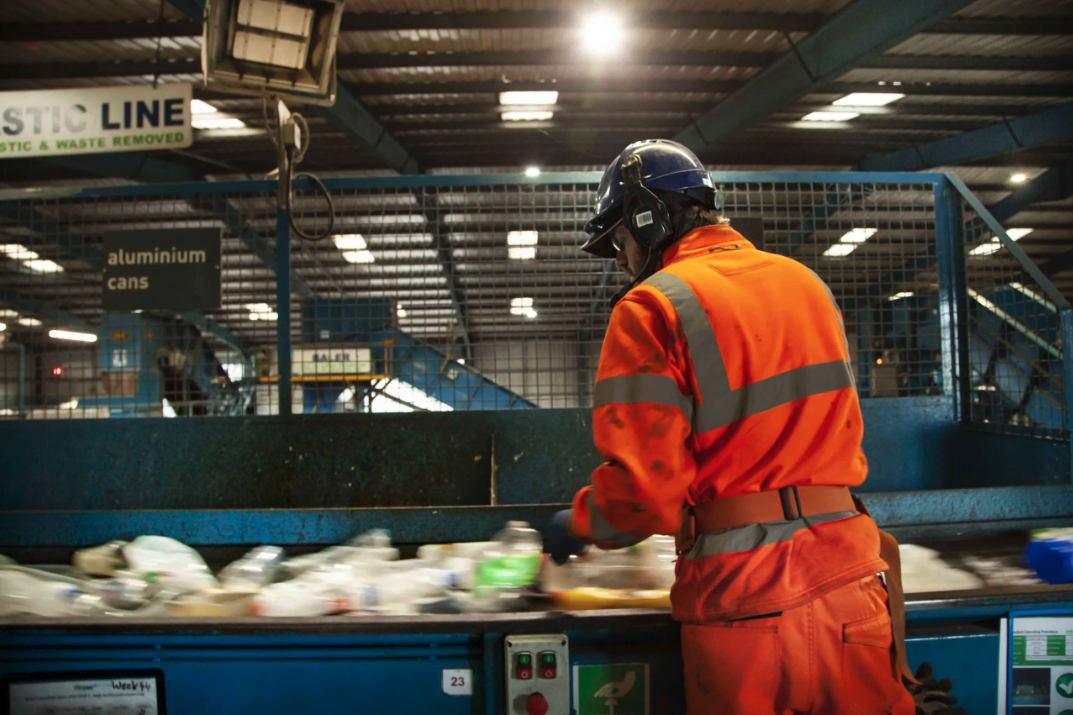Selling a feeling: the psychology of consumerism- Vol 5 Sneak Peek
Writer Katherine Musgrave speaks with psychologist Dr. Erika Rosenberg, and Helena Norberg-Hodge, founder of Local Futures, about the environmental and psychological impacts of consumerism.
Article by: Katherine Musgrave
Photography by: Maya Arkane
Dr. Erika Rosenberg noticed an interesting trend when her kids were younger: shopping became an activity they’d do on the weekend.
“I started looking at this personally and realised, ‘How messed up is this?’ That buying has become a recreational activity.” This inspired Dr. Rosenberg, who has a PhD in Health Psychology, to eventually publish research on mindfulness as an anecdote to consumerism.
Her story speaks to a much larger societal trend. Global consumer spending is at an all-time high and is forecasted to increase by over 27% between 2024 and 2028, after an increase of over 34% from 2013 to 2023. With shopping now considered a hobby, shopping centres have popular places to socialise where brands package up happiness for sale. Just click now, and pay after. We’re spending more than we ever have, and throwing out even more. Landfills are growing and the environment is bearing the burden.
This has been a recent and rapid deterioration. The onset of modern globalisation took root in the 1800s, and since then the power of global corporations has made an undeniable mark on the world’s collective psychology. As these global corporations grew, production ramped up. Demand must continue to equal or exceed supply, so enter advertising. Today, over $700 billion USD is spent on advertising globally each year, and this is projected to grow by 4.6% in the coming year.
Selling a Feeling
Fast Company, a leading business media brand, recently named Nissan’s Enjoy the powerfully peaceful ARIYA advertisement as one of the top commercials of 2023. The four-hour-long commercial draws upon the style of Studio Ghibli, playing peaceful music as a woman calmly drives past Nissan billboards. In 2023, over 37% of women reported high levels of anxiety, and this commercial suggests that purchasing this car can bring the feeling they may crave the most – peace.
This is just one of countless examples where ads promise us a way to purchase our deepest desires. They show us products that claim to offer confidence, social justice, carbon offsets, power, a healed planet, success, beauty, respect and even fame. Whatever we can dream of, there’s a product that can deliver it to us just like a genie in a bottle. If we just click purchase.
Want to read more? To continue reading, and for full access to Volume 5: Technology, shop Volume 5 now. Click the link below to access our shop.
